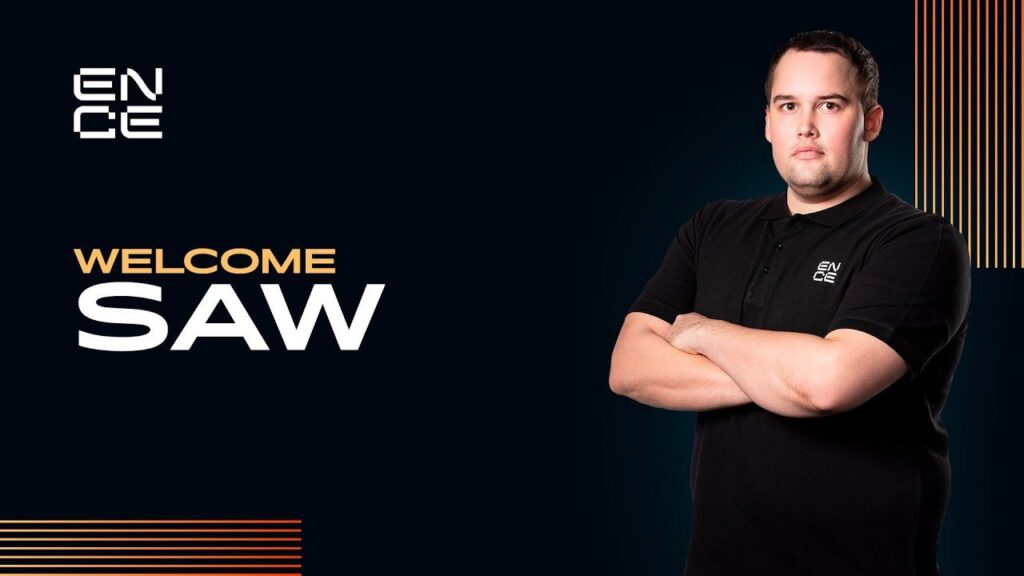Coaching Career SAW: The journey of a coaching career is a path filled with challenges, triumphs, and continuous learning. For those who choose to walk this path, the impact they can have on the lives of others is profound. Whether in sports, business, or personal development, coaching represents a commitment to guiding others towards their goals and helping them achieve their full potential. This article explores the essence of a coaching career, the skills required, the impact it can have, and the journey one embarks on when choosing this fulfilling profession.
Table of Contents
The Essence of a Coaching Career SAW
A coaching career is not just about imparting knowledge or skills; it’s about fostering growth and transformation in others. Coaches work to inspire, motivate, and guide their clients or teams toward achieving specific objectives. Whether in sports, business, or life coaching, the essence of this career lies in understanding individual needs, setting achievable goals, and providing the necessary support to reach them.

Coaching is a dynamic process that requires empathy, patience, and a deep understanding of human behavior. Coaches must adapt their approaches based on the unique personalities and challenges of those they work with. This ability to tailor coaching methods to fit different individuals is what distinguishes successful coaches from the rest. A coaching career is rooted in the desire to help others succeed, and this passion is what drives coaches to continuously refine their skills and methods.
Key Skills Required for a Successful Coaching Career SAW
To excel in a coaching career, one must possess a unique set of skills that go beyond technical knowledge. Effective communication is paramount, as it allows coaches to clearly convey ideas, provide constructive feedback, and build trust with their clients. Coaches must also be excellent listeners, understanding not just the words being spoken, but the emotions and intentions behind them.
Another critical skill is emotional intelligence. Coaches need to be aware of their own emotions and those of their clients, using this awareness to guide interactions in a positive and productive direction. Problem-solving skills are also essential, as coaches often encounter unexpected challenges that require quick thinking and adaptability.
Moreover, a successful coaching career SAW demands a commitment to lifelong learning. The world is constantly evolving, and so are the challenges faced by clients. Coaches must stay updated with the latest trends, techniques, and research in their field to provide the best possible guidance. Continuous education and self-improvement are hallmarks of a great coach, ensuring that they remain effective in their role over time.
The Impact of Coaching on Individuals and Teams
The impact of a coaching career SAW is significant, both on an individual and team level. Coaches have the power to transform lives, helping people overcome obstacles, build confidence, and achieve goals they once thought were unattainable. In sports, coaches play a crucial role in developing athletes’ physical and mental abilities, leading to improved performance and success on the field.
In a business setting, coaches work with executives and employees to enhance leadership skills, improve communication, and foster a positive work environment. The results can be seen in increased productivity, better team cohesion, and higher job satisfaction. Life coaches, on the other hand, assist clients in achieving personal growth, whether it’s in their relationships, careers, or overall well-being.
The impact of coaching extends beyond just the immediate goals. The skills and mindset developed through coaching often lead to long-term benefits, such as greater resilience, better decision-making, and a more positive outlook on life. A successful coaching career SAW leaves a lasting legacy, as the lessons learned by clients continue to influence their lives long after the coaching relationship has ended.
Challenges Faced in a Coaching Career SAW
While a coaching career SAW is rewarding, it is not without its challenges. Coaches often deal with high levels of responsibility, as their guidance can significantly influence the outcomes for their clients or teams. This responsibility can lead to stress, particularly when results are not achieved as quickly or effectively as hoped.
Another challenge is managing diverse personalities and expectations. Every client or team is different, and what works for one may not work for another. Coaches must constantly adapt their strategies and remain flexible in their approach, which can be mentally and emotionally demanding.
Additionally, coaches must balance their own professional development with the needs of their clients. While focusing on helping others, it’s easy to neglect one’s own growth. Successful coaches find ways to maintain this balance, ensuring that they continue to evolve alongside their clients.
Despite these challenges, the rewards of a coaching career SAW far outweigh the difficulties. The satisfaction of seeing clients achieve their goals and knowing that you played a part in their success is a powerful motivator that drives coaches to continue their work with passion and dedication.
The Journey of Becoming a Coach
The journey to becoming a coach often begins with a passion for helping others. Many coaches start their careers after gaining experience in a particular field, such as sports, business, or psychology. This experience provides them with the knowledge and skills needed to guide others effectively.
Formal education and certification are also important steps in a coaching career. Many coaches pursue specialized training programs that provide them with the tools and techniques needed to excel in their chosen field. Certification from recognized organizations adds credibility and ensures that coaches meet professional standards.
The journey doesn’t end with certification, however. A coaching career SAW is one of continuous growth and development. Coaches must stay updated with the latest research, trends, and best practices in their field. Networking with other professionals, attending workshops, and participating in ongoing education are essential for maintaining and enhancing coaching skills.

Building a successful coaching career SAW also requires patience and perseverance. It takes time to build a client base and establish a reputation. Coaches must be prepared to invest time and effort into marketing their services, building relationships, and continuously improving their craft.
The Future of Coaching Careers
The demand for coaching is on the rise, with more individuals and organizations recognizing the value of professional guidance. This trend is likely to continue, as the challenges of modern life and work become increasingly complex. Coaches who can adapt to changing needs and provide innovative solutions will find themselves in high demand.
Technology is also playing a growing role in coaching careers. Online coaching platforms, virtual sessions, and digital tools are making coaching more accessible to a broader audience. Coaches who embrace these technologies can reach more clients and provide more flexible services.
As the field of coaching continues to evolve, so too will the opportunities for coaches. Whether in sports, business, or personal development, a coaching career SAW offers endless possibilities for growth, impact, and fulfillment. Those who choose this path will find themselves at the forefront of helping others achieve their potential, making a lasting difference in the world.

FAQs about Coaching Careers
1. What is the most important skill for a coach?
Effective communication is the most crucial skill for a coach. It involves not just speaking clearly, but also listening, understanding, and responding to clients in a way that fosters trust and progress.
2. How does one become a certified coach?
Becoming a certified coach typically involves completing a training program from a recognized organization, followed by obtaining certification. This process ensures that coaches meet professional standards and are equipped to provide effective guidance.
3. What are the challenges of a coaching career SAW?
Challenges include managing diverse client needs, dealing with the responsibility of influencing others’ lives, and balancing personal development with professional obligations. Despite these challenges, the rewards of helping others achieve their goals are immense.
4. How can a coach impact a team or individual?
Coaches impact teams and individuals by helping them set and achieve goals, improving their skills, and fostering a positive mindset. The effects of coaching often extend beyond immediate goals, leading to long-term personal and professional growth.
5. What is the future of coaching careers?
The future of coaching careers is bright, with increasing demand for professional guidance in various fields. Technology will play a significant role, making coaching more accessible and allowing coaches to reach a wider audience.
6. How does a coaching career SAW contribute to personal growth?
A coaching career SAW contributes to personal growth by continuously challenging coaches to improve their skills, adapt to new situations, and learn from their experiences. The process of helping others also provides valuable insights that can lead to personal development.
7. What role does technology play in modern coaching?
Technology enhances coaching by providing tools for virtual sessions, online platforms for client interaction, and digital resources for skill development. Coaches who embrace technology can offer more flexible and accessible services.
8. How does emotional intelligence affect coaching success?
Emotional intelligence is critical to coaching success, as it enables coaches to understand and manage both their own emotions and those of their clients. This understanding fosters better communication, trust, and positive outcomes.
9. What is the difference between life coaching and business coaching?
Life coaching focuses on personal development, helping clients achieve goals related to their overall well-being, relationships, and personal growth. Business coaching, on the other hand, focuses on professional development, improving leadership skills, team dynamics, and organizational success.
10. What are the benefits of ongoing education for coaches?
Ongoing education keeps coaches updated with the latest trends, research, and techniques in their field. It ensures that they continue to provide high-quality guidance and remain effective in helping clients achieve their goals.


